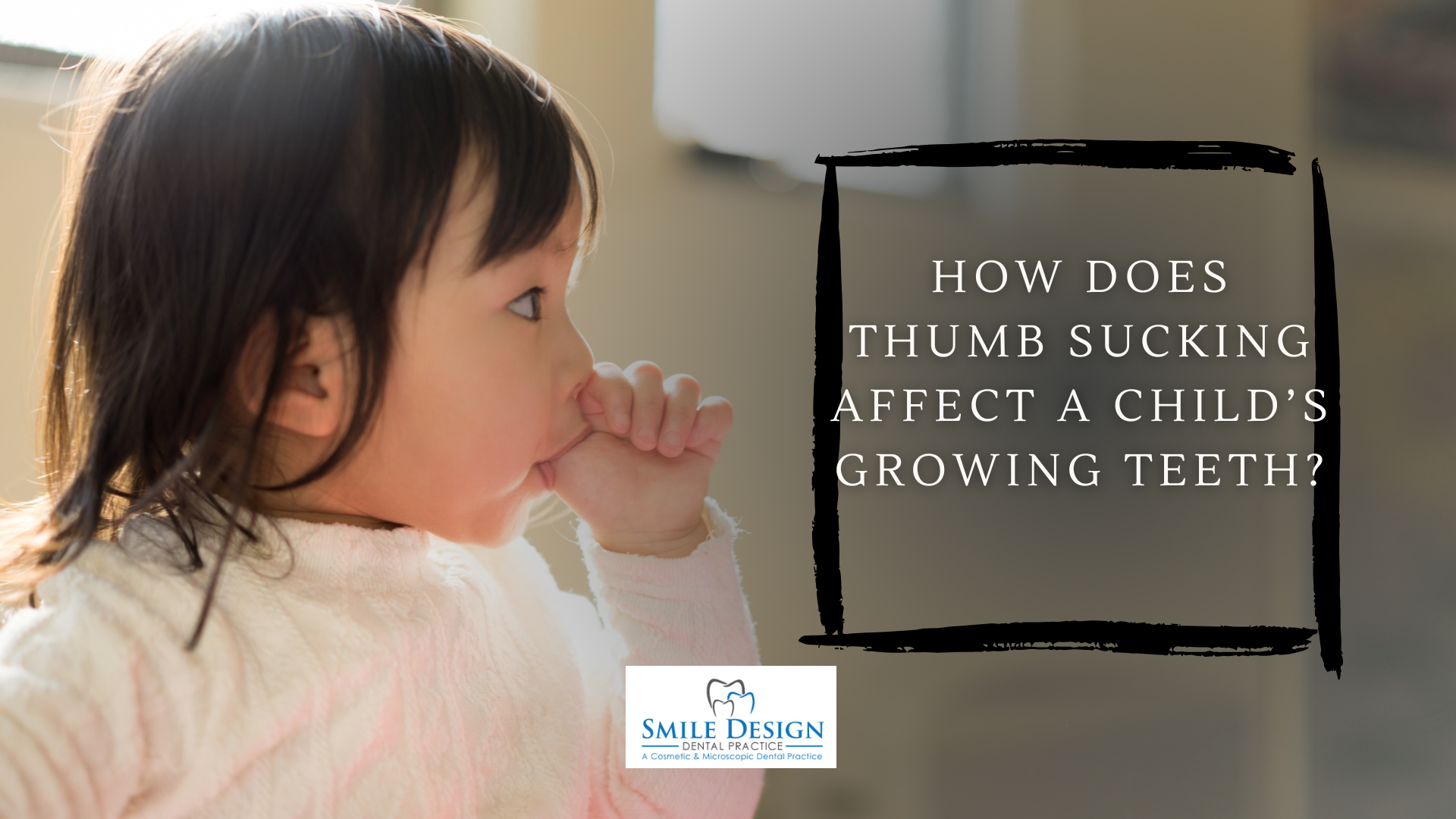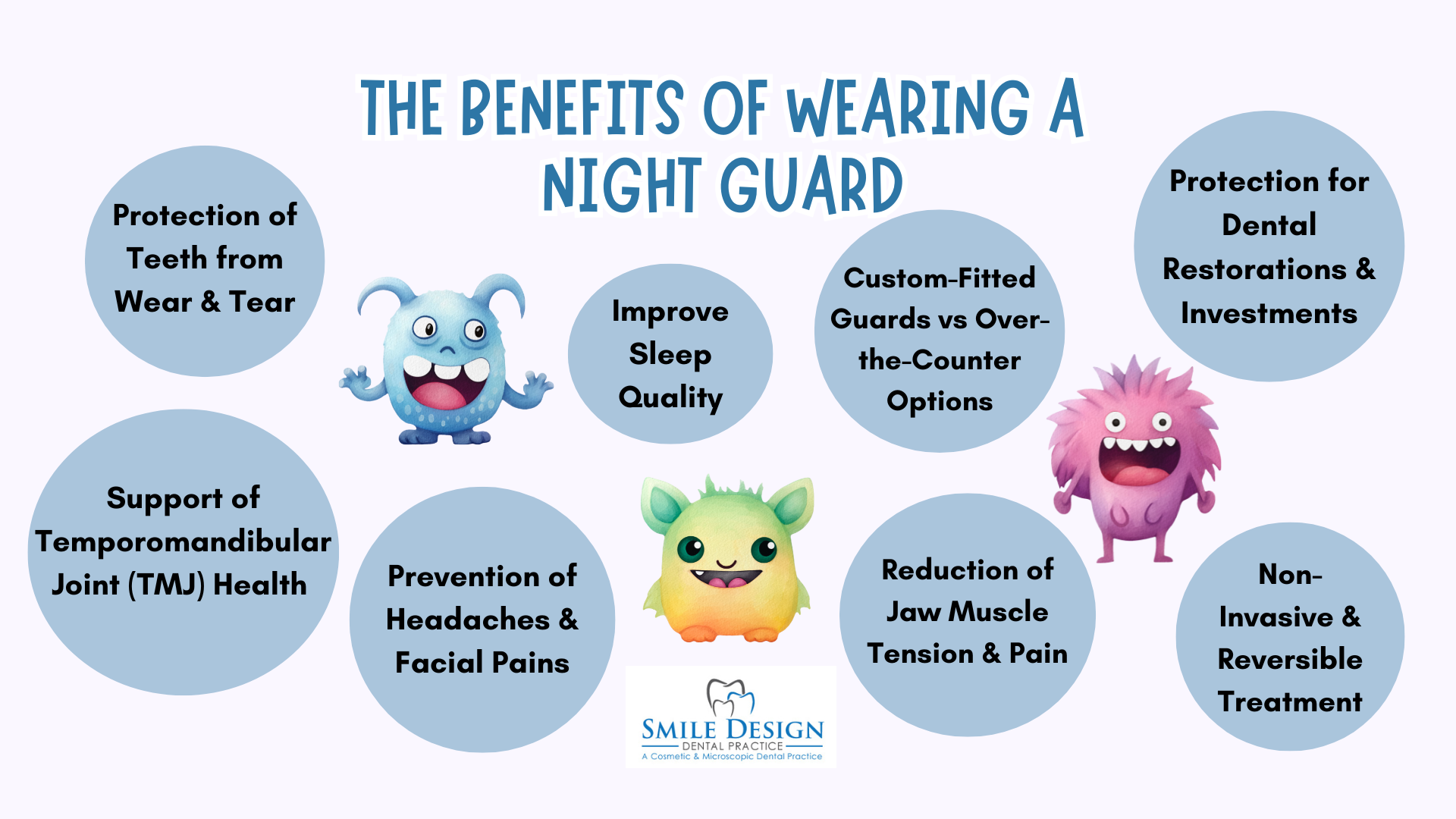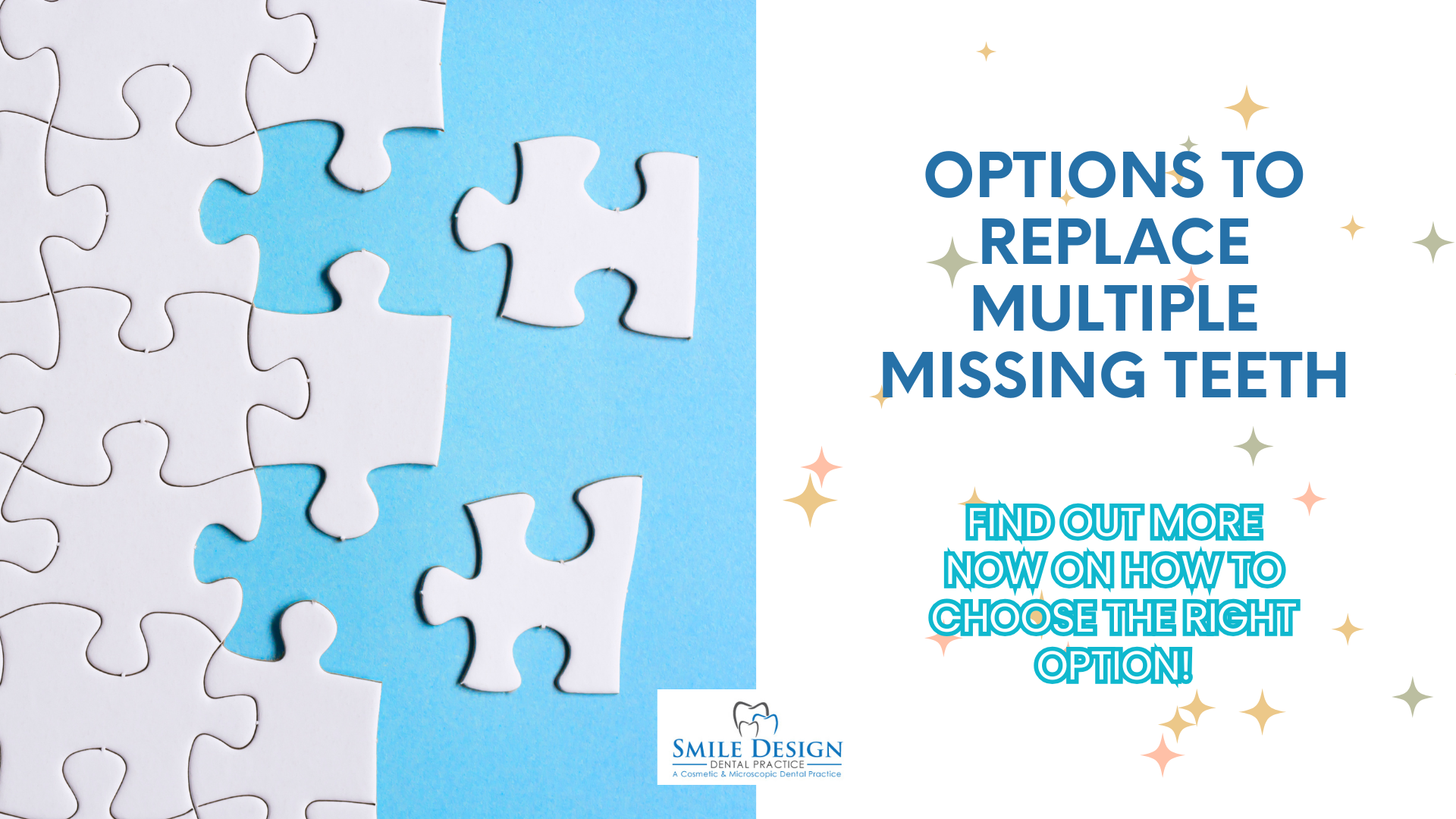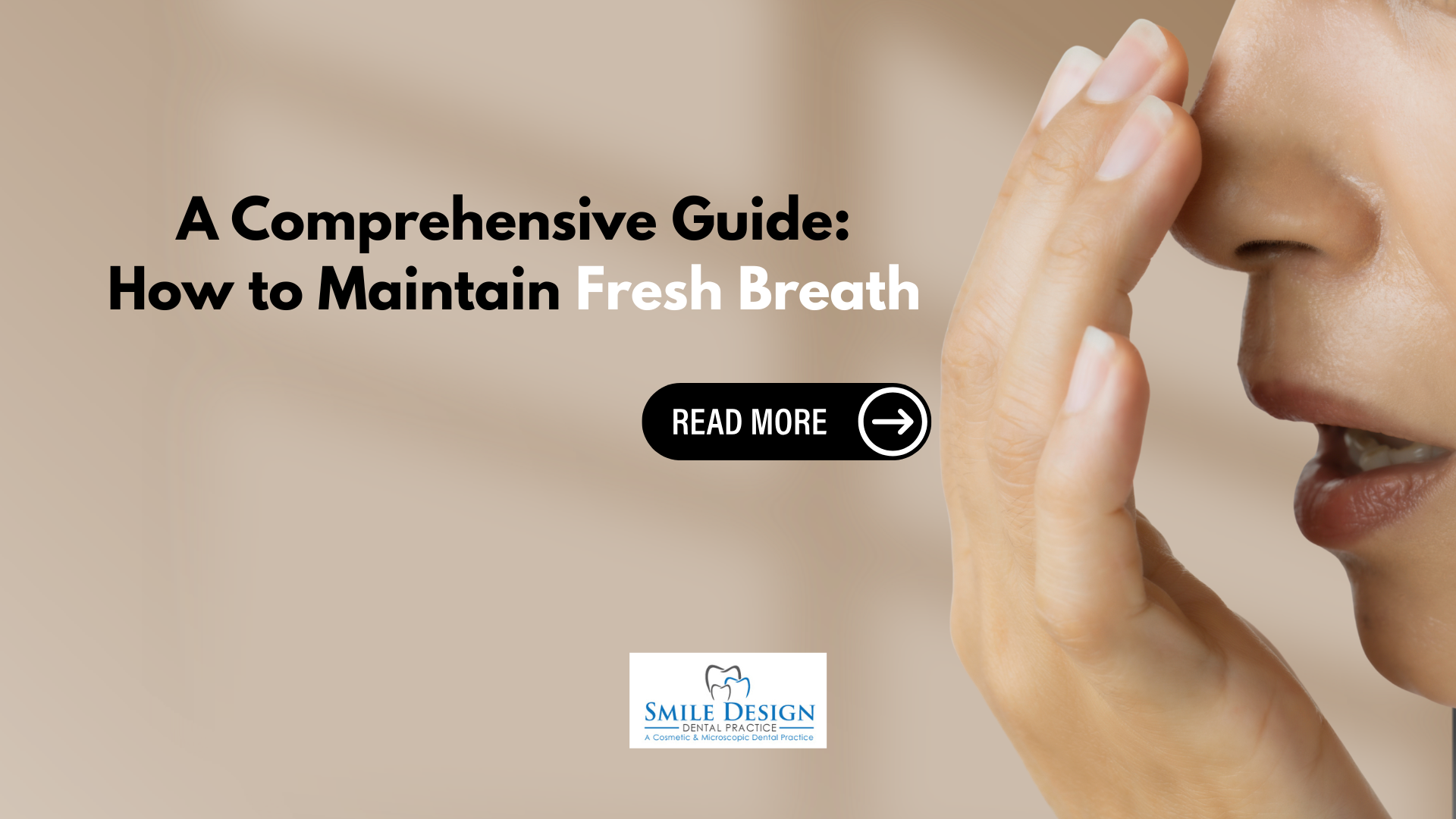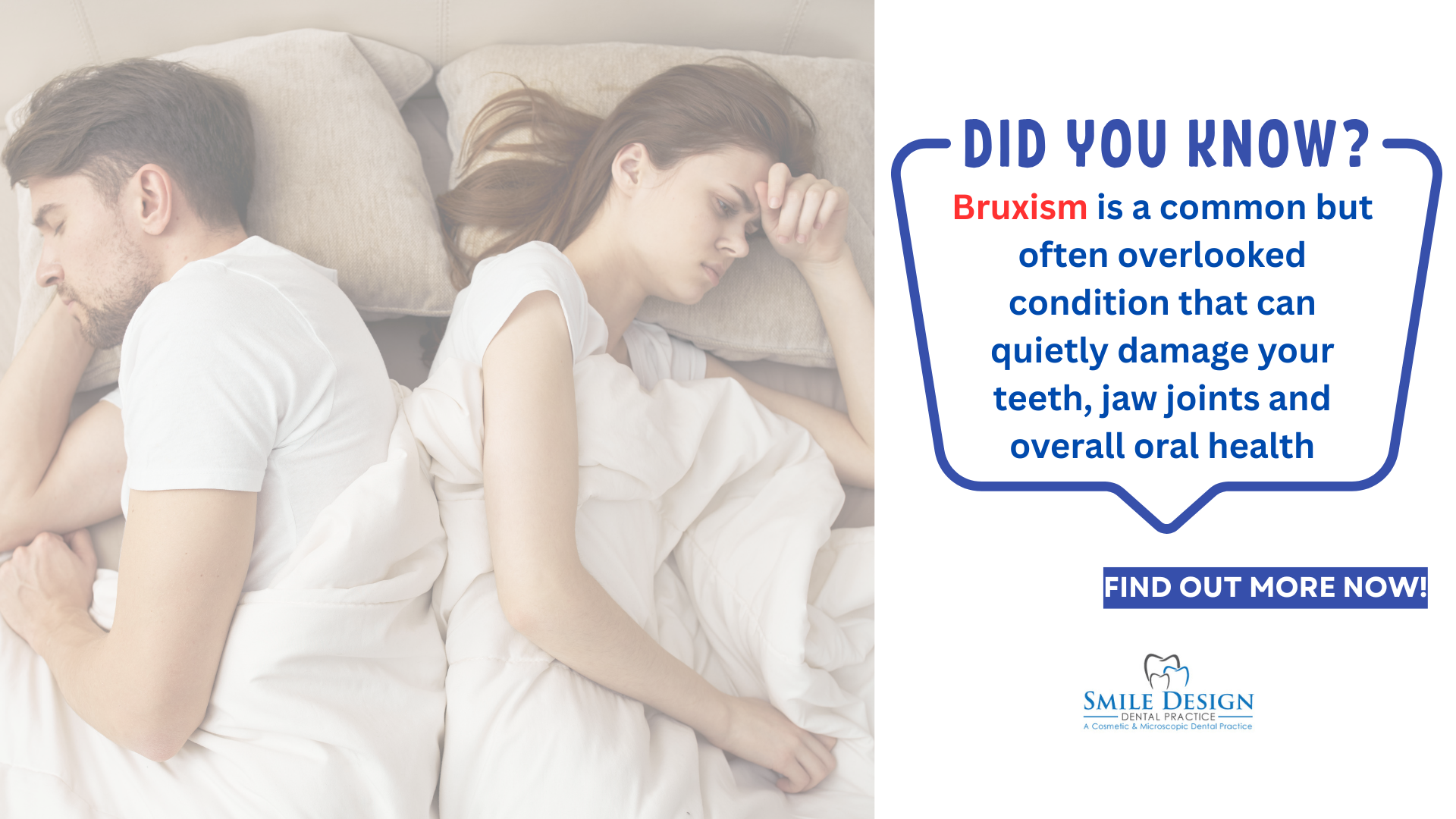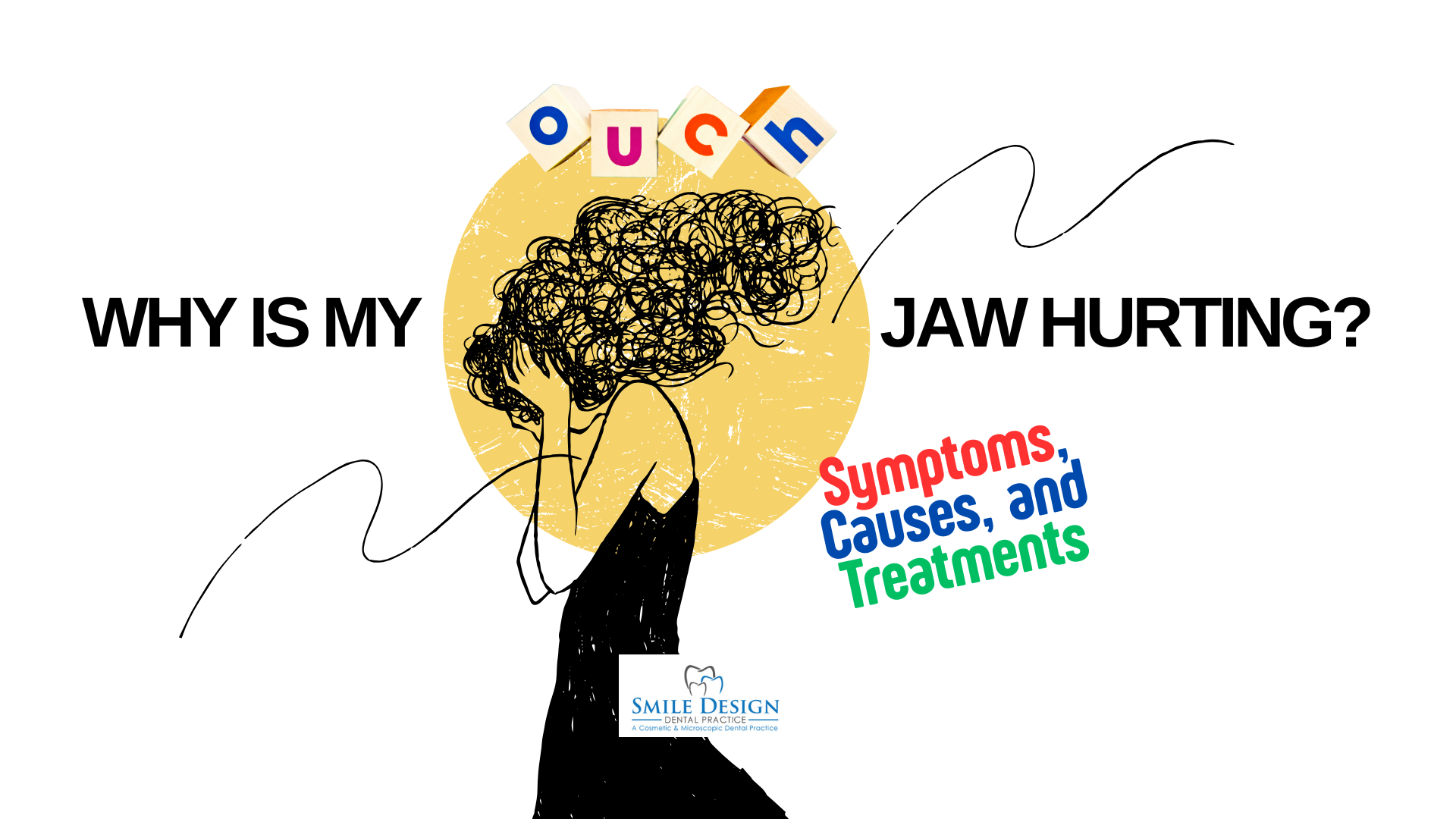Why Do You Feel a Sharp Pain When You Bite?
Have you ever bitten down on food and suddenly felt a sharp, stabbing pain in one of your teeth? This uncomfortable sensation can be worrying, but it’s also your body’s way of telling you something isn’t right. Understanding the possible reasons can help you know when to see a dentist and prevent more serious problems.
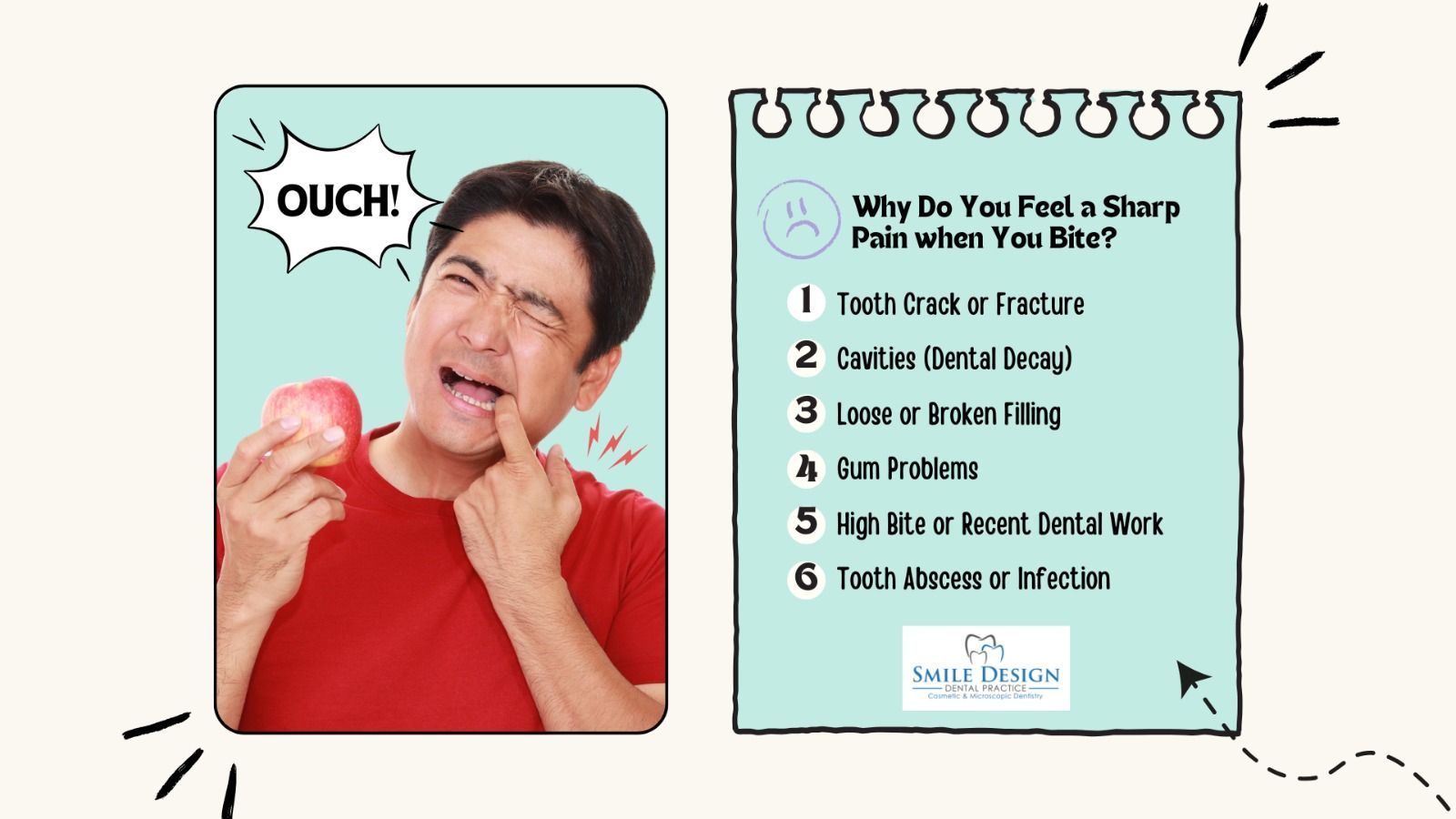
1. Tooth Crack or Fracture
One of the most common reasons for sharp pain when biting is a cracked tooth. Even a tiny crack that isn’t visible can cause pain when pressure is applied. The crack allows movement in the tooth structure and can irritate the nerve inside the tooth. If untreated, the crack can worsen, leading to infection or the need for more complex treatment like a root canal or crown.
Common signs: Pain when releasing your bite, sensitivity to cold, or a tooth that hurts only when chewing certain foods.
2. Cavities (Dental Decay)
A cavity that has progressed deep enough can expose the tooth's inner layer (dentin) or even the pulp. Biting can press food or liquids into the cavity, triggering sharp pain.
Common signs: a visible hole in the tooth, pain when eating sweets or drinking hot or cold liquids, and lingering sensitivity.
3. Loose or Broken Filling
If you have an old filling or dental restoration, it might have come loose, cracked, or fallen out. This can expose sensitive parts of the tooth and make biting painful.
Common signs: a rough edge on the tooth, feeling like something is “off” when you run your tongue over the tooth, and food getting stuck easily.
4. Gum Problems
Gum disease or gum recession can expose the tooth root, which is more sensitive than the enamel-covered crown. Biting can compress the exposed area or irritate inflamed gums.
Common signs include red, swollen gums, bleeding when brushing, and tooth sensitivity near the gumline.
5. High Bite or Recent Dental Work
Sometimes, the bite may be slightly too high after a new filling or crown. This means the tooth hits first when you bite down, causing sharp pain due to excess pressure on that tooth.
Common signs: Pain in one tooth when biting, especially after recent dental treatment.
6. Tooth Abscess or Infection
An untreated cavity or crack can lead to an infection inside the tooth or surrounding bone. When you bite down, the pressure in the infected area can cause intense pain.
Common signs include swelling, throbbing pain, a bad taste in the mouth, pus, and facial swelling.
What Should You Do?
If you feel a sharp pain when biting, don’t ignore it — it rarely goes away on its own. A dentist can examine your tooth, take X-rays, and determine the exact cause of the issue. Early treatment can often prevent the need for more extensive procedures and greater discomfort later.
When to call a dentist immediately:
- The pain is severe or constant
- You see swelling in your face or gums
- You have a broken tooth or filling
- The pain is affecting your eating or sleeping
Final Thoughts
A sharp pain when you bite is a sign that something needs attention. Whether it’s a cracked tooth, cavity, or bite problem, early diagnosis and treatment can keep your teeth healthy and prevent bigger dental issues.
If you’re experiencing sharp pain when you bite, book a dental check-up today — your teeth will thank you!
Schedule an appointment with us NOW! Call us at 6463 8588 or WhatsApp to 9815 5336
To serve you better, we are available by Appointment Only.
Please contact us to schedule an appointment.

